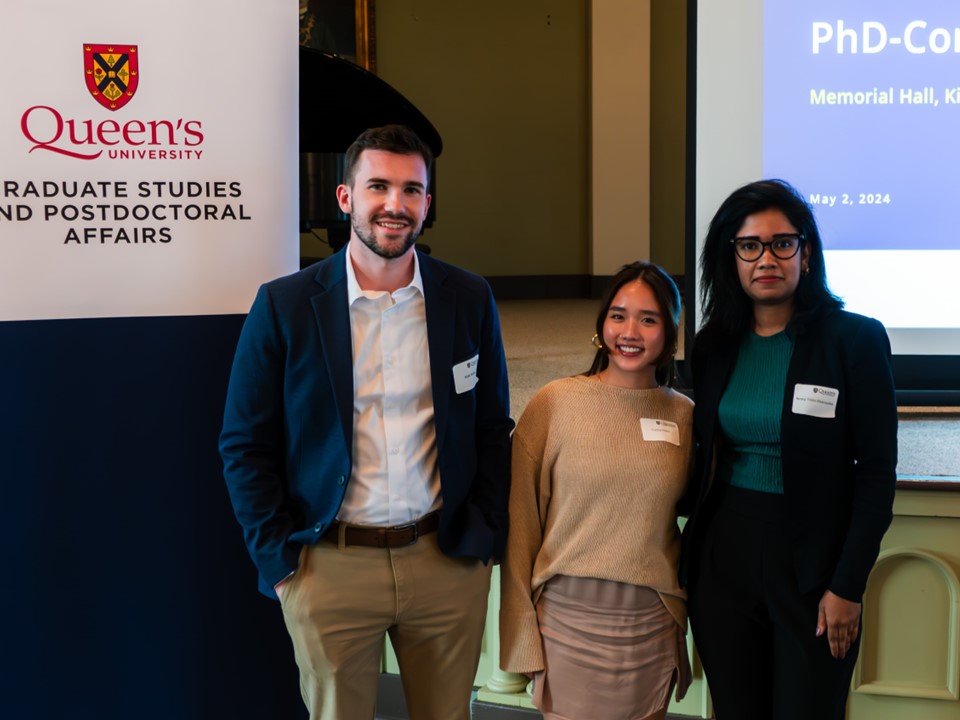Examining an Interdisciplinary Experiential Learning Program for Doctoral Students Expanding our conception of the advanced degree
Main Article Content
Abstract
Educators, researchers, and institutions have long recognized the value of experiential learning as a way of fostering students’ ongoing learning and skill development. In recent years, experiential learning has gained increased traction in higher education institutions, as there is recognized need for graduates to engage in and actively reflect on lived experiences in various disciplines. Yet, much of the research in graduate-level experiential learning focuses on discipline-specific experiential learning opportunities, often within the context of a single graduate program where students’ career outcomes and program pathways are narrowly defined. Through qualitative analysis of interview, focus group, and program data collected as part of a collaborative evaluation, we respond to a gap in existing research to examine the diverse perspectives of doctoral students engaged in an interdisciplinary experiential learning program. The study’s findings contribute to a more robust understanding of the potential for experiential learning as an interdisciplinary practice, with direct examples of how doctoral students and higher education institutions are moving this work forward in this context.
Article Details

This work is licensed under a Creative Commons Attribution 4.0 International License.

